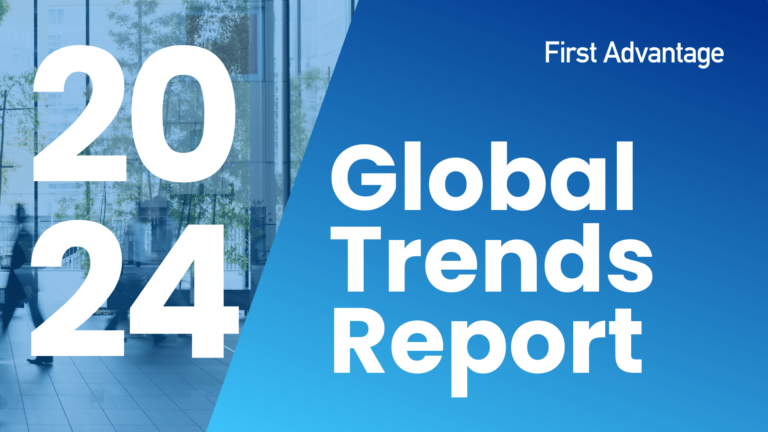Social Media Screening
Social media can provide a great deal of job-related information to assist employers in making hiring decisions. While many standard background checks can help a prospective employer determine what an individual is not (e.g. a felon), social checks can help examine the positive and uncover who an individual is. However, European employers need to remain aware of laws, regulations and guidance with impact on these checks to ensure they are used in a compliant manner.
Privacy Considerations
GDPR and the European Data Protection Board Guidance
Most countries do not yet have specific laws regarding social media screening and therefore employers should carefully review both the EU General Data Protection Regulation (“GDPR”) and any member state laws that are supplemental to the GDPR. These data protection laws will impact how personal data may be processed in general in Europe, whether it is derived from a social media profile or elsewhere.
The European Data Protection Board (EDPB), formerly the Article 29 Working Party, issued guidance in 2017 with respect to processing personal data in the employment context. One key take away from that guidance is that employers should not assume that because a profile is publicly available that they are permitted to process that data for their own purposes. A legal ground/lawful basis is still required for this processing, such as legitimate interests.
In addition, many data protection authorities have published general vetting and verification guidance which is instructive with respect to any type of screening, including social media screening. Critical considerations for employers include:
- Make it clear early in the recruitment process if social media screening will take place, if it is only relevant to certain types of roles, and how it will be conducted;
- Screening should be proportionate to the role; roles that are prominent, public-facing, or working with vulnerable populations may require more scrutiny than other roles;
- Checks should be conducted as late in the recruitment process as possible, generally after a candidate has been considered short-listed or given a conditional offer;
- Access to social media should never be gained by deception. Social media screening offered by First Advantage will always only search publicly available profiles.
Non-Discrimination Considerations
A key risk of viewing an individual’s social media profile is that an employer may sometimes come across information that is considered a ‘protected characteristic’ such as:
- Race, colour, ethnic or social origin
- Genetic features
- Religion or belief
- Political opinions
- Sexual orientation
- Disabilities
Social media checks provided by First Advantage do not provide this type of information to employers, which can be viewed as an advantage since protected characteristic information, once viewed by an employer, may be considered to have contributed to a hiring decision. In addition, it is recommended that employers implement internal documentation to show that all employment decisions are based on job-related concerns.
IMPORTANT: The information contained in this blog is not offered as legal advice but is instead offered for informational purposes. First Advantage is not a professional law corporation and does not offer legal advice and this communication does not form an attorney-client relationship. This information is therefore not intended as a substitute for the legal advice of a lawyer knowledgeable of the user’s individual circumstances or to provide legal advice. First Advantage makes no assurances regarding the accuracy, completeness, currency or utility of the following information. Legislative, regulatory and case law developments regularly impact on general research and this area is evolving rapidly.
Know your peopleTM
This content is offered for informational purposes only. First Advantage is not a law firm, and this content does not, and is not intended to, constitute legal advice. Information in this may not constitute the most up-to-date legal or other information.
Readers of this content should contact their own legal advisors concerning for their particular circumstance. No reader, or user of this content, should act or refrain from acting on the basis of information in this content. Only your individual attorney or legal advisor can provide assurances that the information contained herein – and your interpretation of it – is applicable or appropriate to your particular situation. Use of, and access to, this content does not create an attorney-client relationship between the reader, or user of this presentation and First Advantage.






